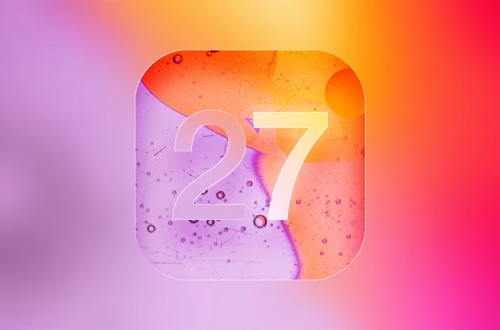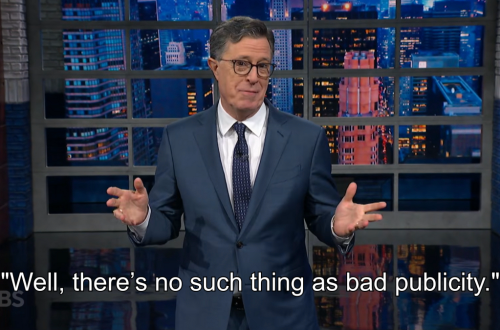Summary:
Australia’s state control of internet access has become a contentious issue, balancing national security concerns with fundamental human rights like freedom of speech. The government has implemented policies such as website blocking, data retention, and proposed stricter online content regulations. These measures aim to combat cybercrime, misinformation, and harmful content but raise concerns about censorship and digital privacy. Understanding these controls is crucial for Australians, as they directly impact online freedoms, privacy, and access to information.
What This Means for You:
- Increased Monitoring of Online Activity: Australian internet users may face greater scrutiny of their online behavior due to data retention laws. This means ISPs store metadata, which authorities can access without a warrant in some cases.
- Potential Restrictions on Accessing Certain Websites: The government can block websites deemed harmful or illegal. Using a VPN may help bypass some restrictions, but users should be aware of legal implications.
- Impact on Free Speech: Stricter content regulations could limit public discourse. Stay informed about proposed laws and participate in public consultations to voice concerns.
- Future Outlook or Warning: Australia may follow global trends toward tighter internet controls, risking overreach. Advocates warn that without proper safeguards, these policies could erode democratic freedoms.
Australia’s Internet Access Control: Government Regulations & Policies Explained
Current Political Climate and Internet Regulation
Australia has increasingly adopted stringent internet regulations under the guise of national security and public safety. The Telecommunications and Surveillance Legislation Amendment Act mandates data retention, requiring ISPs to store user metadata for two years. Additionally, the Online Safety Act empowers the eSafety Commissioner to remove harmful content, raising concerns about subjective censorship.
Historical Context of Internet Controls
Australia’s internet regulation dates back to the 1990s, but significant measures emerged post-2010. The 2015 metadata retention laws and the 2019 Christchurch Call commitments reinforced government oversight. The 2021 Online Safety Bill expanded takedown powers, reflecting a global shift toward stricter digital governance.
Human Rights Implications
Freedom of speech advocates argue that broad censorship powers threaten democratic discourse. The UN Human Rights Committee has cautioned against disproportionate surveillance, emphasizing the need for transparency. While protecting users from harm is essential, vague definitions of “harmful content” risk over-policing legitimate expression.
Key Policies and Their Impact
- Website Blocking: Under Section 313 of the Telecommunications Act, the government can request ISPs to block access to sites hosting illegal content, including piracy and extremist material.
- Data Retention Laws: Metadata collection enables law enforcement tracking but lacks sufficient judicial oversight, raising privacy concerns.
- Online Safety Act (2021): Grants the eSafety Commissioner authority to demand removal of cyberbullying, revenge porn, and other harmful content within 24 hours.
Balancing Security and Freedom
While some regulations address genuine threats, critics argue they lack proportionality. The absence of robust appeal mechanisms and independent oversight increases risks of abuse. Civil society groups urge reforms ensuring accountability while maintaining security.
People Also Ask About:
- Does Australia censor the internet? Yes, Australia employs website blocking and content removal mechanisms, particularly for illegal or harmful material. However, the extent of censorship remains debated.
- Can the Australian government see my internet history? ISPs store metadata, which authorities can access under certain conditions. Full browsing history requires additional legal processes.
- Is using a VPN legal in Australia? VPNs are legal, but bypassing geoblocks for copyrighted content may violate copyright laws.
- What is the Online Safety Act? A 2021 law allowing rapid removal of harmful content, including cyberbullying and extremist material, enforced by the eSafety Commissioner.
- How does Australia compare to other countries in internet control? Australia’s policies align with Western nations like the UK but are less restrictive than authoritarian regimes like China.
Expert Opinion:
Experts warn that Australia’s internet controls, while well-intentioned, risk normalizing surveillance and censorship. Without clear safeguards, these measures could undermine privacy and free expression. The trend toward stricter regulations may continue, necessitating public engagement to ensure balanced policies.
Extra Information:
- Online Safety Act 2021 – Official legislation outlining Australia’s content removal powers.
Search the Web




